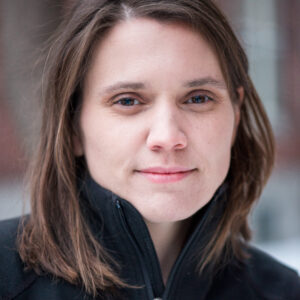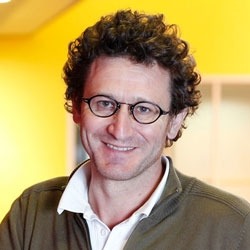
Professor Dr. Pierre Failler
University of Portsmouth, UK
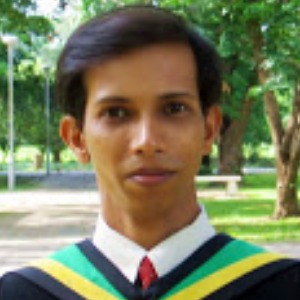
Professor Sayedur Rahman Chowdhury
University of Chittagong, Bangladesh
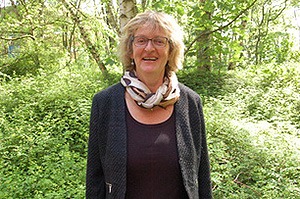
Dr. Marion Glaser
Leibniz Centre for Tropical Marine Research (ZMT), Germany
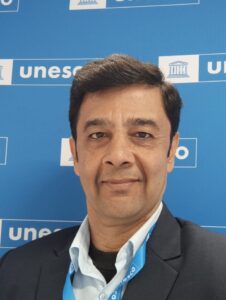
Dr. Nimit Kumar
Intergovernmental Oceanographic Commission (IOC)-UNESCO
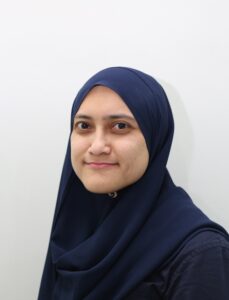
Dr. Sazlina Salleh
Centre for Policy Research, Universiti Sains Malaysia
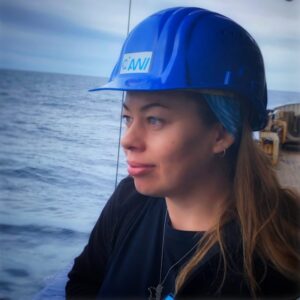
Dr. Lilian A. Krug
Partnership for Observation of the Global Ocean and The Algarve Centre of Marine Sciences, University of Algarve, Portugal
